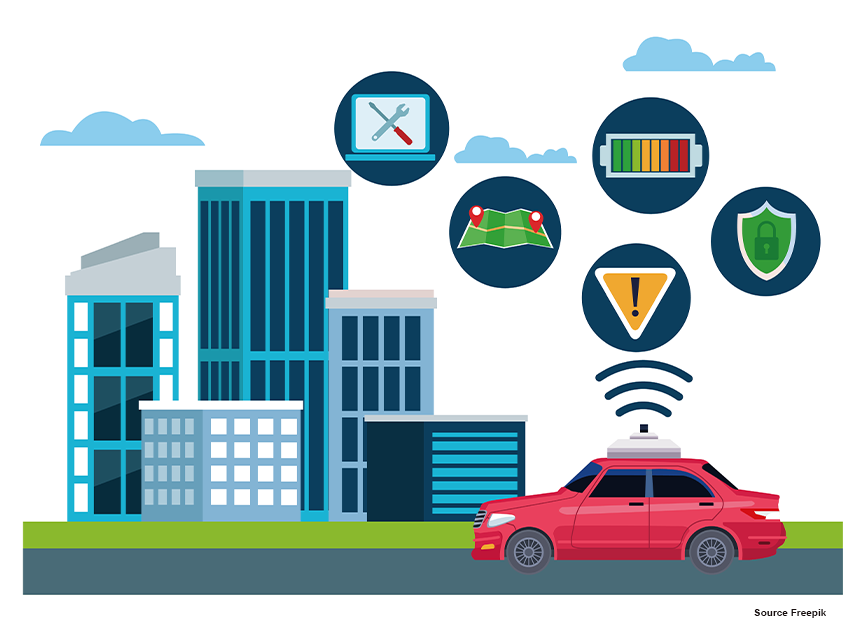Blog on RFID Technology and IoT Solutions
Blog Home
What is a Logistics Solution Provider?A logistics solution provider (LSP) is a company or organization that offers logistics solutions and services to other businesses, including transportation, warehousing, inventory management, distribution, and other value-added services such as customs clearance, packaging, and labelling. LSPs help businesses optimize their supply chain operations, streamline their logistics processes, and improve
Read more
What is RFID and how does it work?RFID (Radio Frequency Identification) is a wireless technology that uses radio waves to identify and track objects. An RFID system typically consists of three components: an RFID reader, an RFID tag, and a backend system for processing the data.An RFID system consists of an RFID reader, an RFID
Read more
What is Automated Inventory Management? Automated inventory management is the use of technology and software to streamline and optimize the process of managing inventory. It involves the use of systems and software to automate tasks such as tracking inventory levels, forecasting demand, ordering, and replenishing stock, and monitoring stock movements.Automated inventory management systems typically use
Read more
What is IoT in Automotive Industry?IoT in Automotive Industry, or the Internet of Things, in the automotive industry refers to the integration of internet-connected devices and technology into vehicles. This can include things like wireless connectivity for infotainment systems, advanced driver assistance systems (ADAS), and telematics for remote vehicle monitoring and control. The goal of
Read more
Warehouse Automation is the process of automating all day-to-day operations of a warehouse. Warehouse Processes such as., Receiving, putting away, Storage, Order Management, Picking, Packing, and Shipping activities can be automated to a large degree. Labour-intensive tasks can be eliminated by replacing modern technology. Globalization and growing consumer demand, require greater efficiency and a minimum…
Read more
IoT in ManufacturingThe advent of future internet technologies, including cloud computing and the Internet of Things (IoT), provides essential support to fulfilling these requirements and enhancing the efficiency and performance of factory processes. Indeed, nowadays manufacturers are increasingly deploying Future Internet (FI) technologies (such as cloud computing, IoT and Cyber-Physical Systems (CPS) on the shop
Read more- Intellistride.com
- Blog